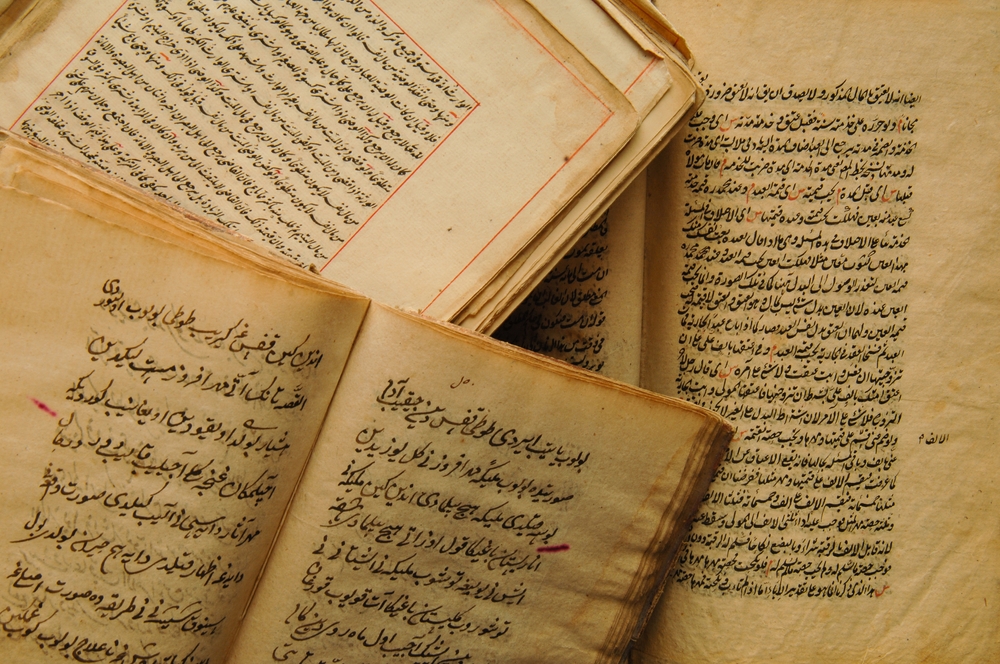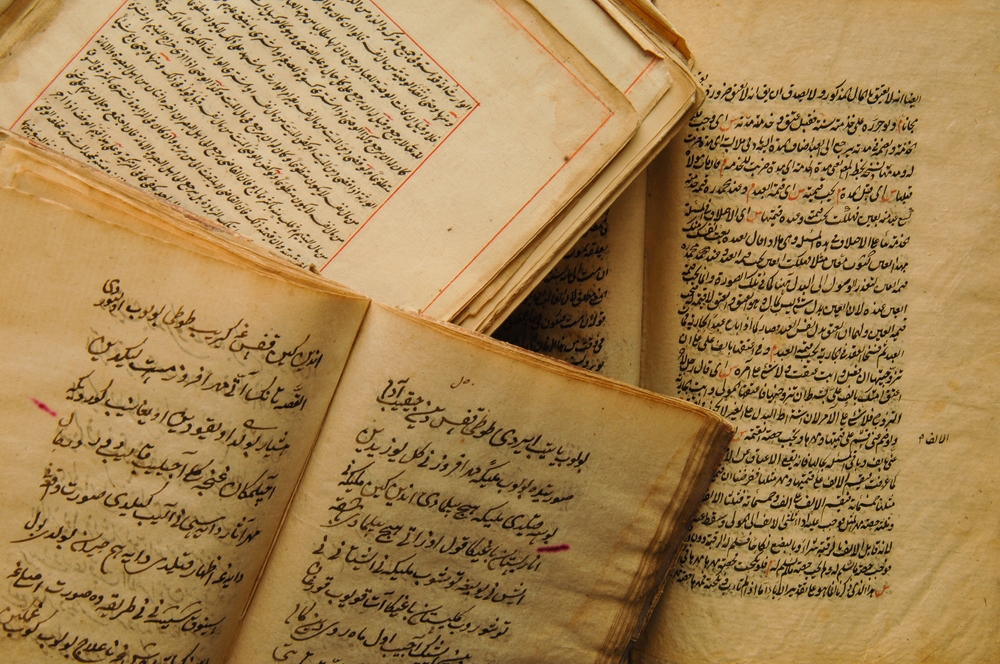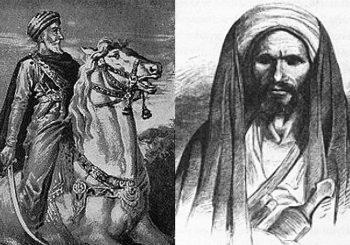
The relationship between the Persian and Arabic languages goes back thousands of years.
Despite their similarities in script and some of the vocabulary, the two languages are not related. In fact, they belong to two entirely separate language families; while Persian belongs to the Indo-Iranian family – along with Pashto and Kurdish – Arabic belongs to the Semitic family with Hebrew and Syriac. Though it may surprise some, Persian is more connected to German and English than it is to Arabic, when it comes to its roots.
In spite of this, Persian has many loanwords from Arabic, while Arabic has also acquired loanwords from Persian, due to close cultural and historical connections between the regions where the two languages are spoken, particularly given those regions’ early ties to Islam.
The earliest encounter of the two languages is said to have occurred after the Arab conquest of Persia in 632 A.D. Later, during the Abbasid empire (around 750 A.D.), scholars and writers traveled to Baghdad and began to translate literature and works of knowledge in both languages in Bayt al-Hikmah. The exchange of information during this era led to the common words both languages use.
Speakers of either language might not understand what the other is saying, but some elements of the written word might stand out to them due to the similar script and the linguistic commonalities produced by many cultural meetings.
Here are eight Arabic words that share the same roots as their Persian translation.
شطرنج – Shatarang – Chess
Chess emerged in the Indian Gupta Empire in the sixth century, before being introduced to Persia, and then the Arabic-speaking world in the mid seventh century A.D.
The name of the board game was derived from Middle Persian – an earlier form of the language – word chatrang شترنگ, which was derived from the Sanskrit word Chaturanga. Later on, chatrang changed into shat-ranj in Arabic because the language did not have the ch’ or ng’ sound, which then became sh’ and nj’ respectively.
However, in Egypt it is mostly back to being pronounced as ng’, as most Egyptian dialects pronounce the Arabic letter ج as a hard g’, rather than a j’.
Additionally, the phrase ‘check-mate’ in English is derived from both Persian and Arabic as in the Persians language, shāh māt means ‘the king is finished’, but in Arabic, the word mat means ‘is dead’, turning the iconic phrase into a rather solemn pronouncement.
استاذ – Ostath – Teacher
The Arabic word for teacher was derived from Middle Persian and to mean ‘master of a craft or a teacher’, written as oustad اوستاد in earlier forms. Another derivation of the word is also osta أسطى which is a colloquial way of referring to craftsmen or those who operate public transportation.
تخت – Takht – Bed
The word for bedstead is pronounced exactly the same in both Arabic and Persian, but in Persian it has more meanings like throne’ or a block of wood’. The word is more commonly used in the Levant than it is in North Africa, but it is still used in Egypt – particularly outside of Cairo. The word also entered into the Turkish language.
طربوش – Tarboush – Fez
The name of the famous tasseled red hat was derived from two Persian words ser سر meaning head’ and poush پوش meaning cover’, it makes up serpoush سرپوش, which in turn turned into sharboush شَرْبُوش and then later into tarboush طَرْبُوش. This change is said to have happened due to Turkish influence with the prefix tar تر meaning sweat so it changed to ‘sweat-cover’.
برنامج – Barnamag – Program
The Arabic word for program is derived from the Persian barnāmag which developed into barnamah برنامه later meaning schedule’ or agenda’. It is thought to have combined the words for ‘list’ بر bar in addition to نامج ‘letter’ namah.
طازج – Tazaj – Fresh
The word for fresh is descended from Persian word تازه taze and then طازَه tazah which is the Egyptian colloquial pronunciation of the word. Colloquial Egyptian adopted the closest form to the original word to this day, while Gulf and Hijazi Arabic use tazaj or tazig.
خيار – Khiyar – Cucumber
The Arabic word for cucumber is another word derived from Middle Persian خيار Khiyar with Sanskrit origins ksiraka. It is pronounced exactly the same in Arabic and Persian, and similarly in other languages as well, including Kurdish, Armenian, and Turkish.
باذنجان – Bathengan – Eggplant
If there is any proof that food unites people, it is the amount of food related words that nations and languages share. The word باذنجان is derived from Persian بادنگان, which in itself is derived from the Sanskrit bhaṇṭākī. Its pronunciation has slight variations in different Arabic-speaking regions, with colloquial Egyptian being betengan, and Hijazi Arabic being badinjan.







Comments (2)
[…] 8 Arabic Words That Share Roots with Their Persian Translations 4 Ways Egypt’s Urban Expansion Could Affect Greater Cairo Residents […]
[…] 8 Arabic Words That Share Roots with Their Persian Translations […]